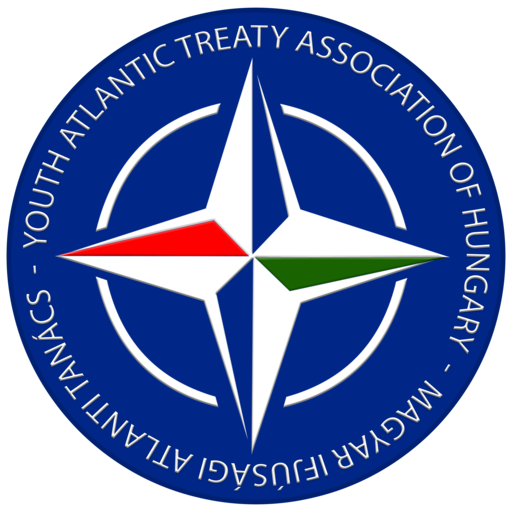Most well-known Washington politicians usually publish an autobiography or some kind of summary of their work after their service. Brent Scowcroft is not a well-known American politician, although the world we live in today is partly thanks to him. He had no intention of writing a summary of his life, but Bartholomeo Sparrow managed to persuade him to agree to write this extraordinary work.
The book gives insight into the personal world of this statesman who had a profound impact on humanity. It also shows us the significance of the position of a national security adviser and the history that unfolded from the 1970s onwards.

Scowcroft, as a prominent exponent of Realism, believes that American foreign policy should not be determined by ideologies. He defines himself as a “hawk” but an enlightened one, if we may say so. He sees no need for a US intervention when an unanimously adopted decision to launch a large-scale operation is absent. According to Scowcroft, American foreign policy should focus on areas that most threaten US security and interests. Scowcroft’s position has not promoted him to a strategist, but rather his ability to form US coalitions and to act with them in an emergency. The book outlines how the world’s most dominant power can be clumsy in world politics and how dependent it is on its regional allies.
What made this national security adviser a strategist? His ability to adapt, both to the governments in Washington and to the changing nature of Cold War. There are just a few American policy makers who have been able to look at the interests of their country from a long-term perspective. The evolving US-China relationship after the protests at Tiananmen Square (which are covered in this book) is a prime example. Similarly, he criticised President Bush’s plans in the Iraqi offensive, foreseeing that it would lead to a dead end resulting in a long and costly withdrawal, while leaving behind a much more unstable region.

The functioning of the National Security Council and its infightings are very interesting in the book. Scowcroft was held in high esteem by everyone, for his many accolades and his outstanding problem solving skills, which he used effectively in his work performance since the Nixon era. He has always consulted honestly with the incumbent president and stayed out of party politics. For him, the national security success of his country and his president came first. The book draws very good parallels between Kissinger and Condoleezza Rice, comparing their activities and achievements to Scowcroft’s.
This autobiography is a very honest description of a true statesman, who did not want to please the public, he simply did his job and used his intelligence the way and when he had to. He did not leak information, nor forge capital, yet was always needed in Washington. During the Bush presidency he reached the peak of his influence, which was essential right after the end of the Cold War. The New World Order, to which the author devotes a whole chapter, is the greatest and most successful achievement of Scowcroft and Bush. We can be attributed to his name the rapid and non-violent reunification of Germany, the reform of NATO itself, and last but not least, the strengthening of American-Chinese relations. The fact that history has turned out this way is not always due to one or two well-known politicians who we remember as ‘winners’. In the background there are lesser-known talented figures like Scowcroft, who can steer the interests of the state in the right direction, facing whatever challenges arise from international relations. A great businessman, adviser, soldier and man, that is Scowcroft himself.
The book was published by the Antall József Knowledge Centre.
